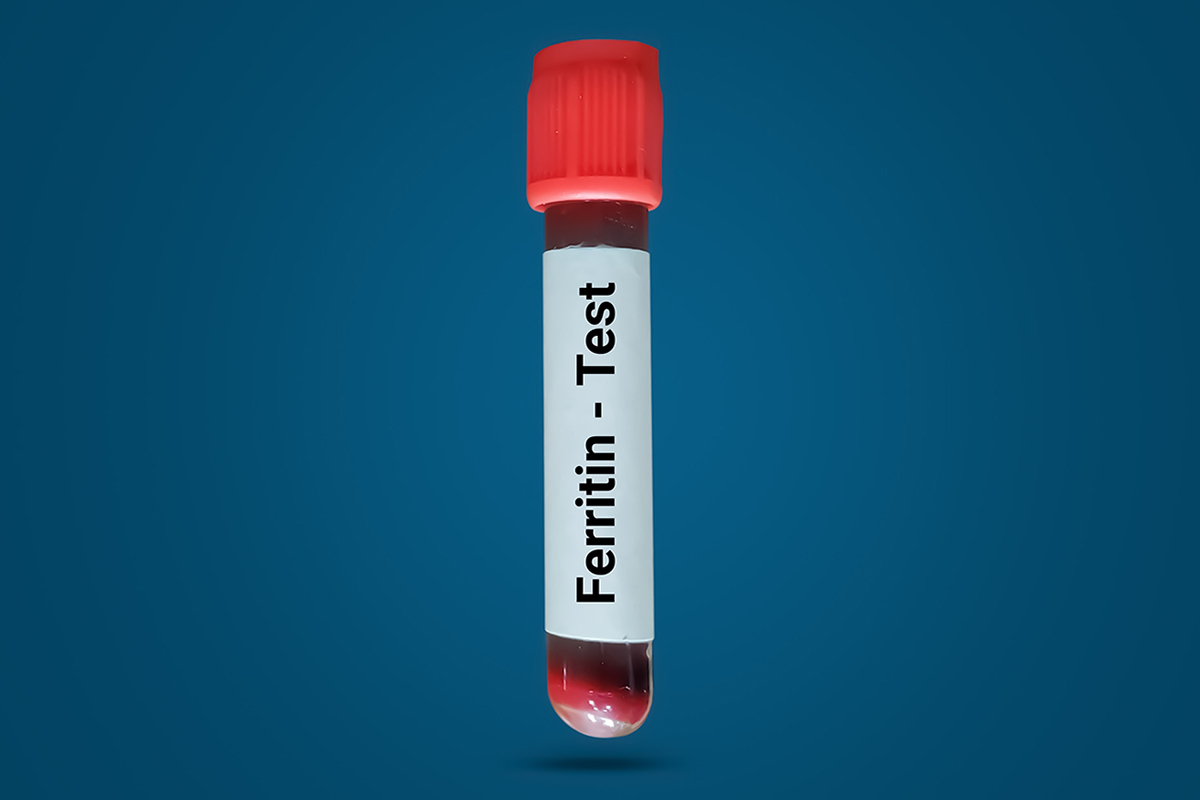Last week, I discussed possible reasons for low ferritin levels. As with most blood tests, too low or too high isn’t necessarily optimal. Here are some possible reasons for high ferritin levels. This is not an exhaustive list.
Too much dietary iron—especially taking an iron supplement when it isn’t indicated—could cause high ferritin. For example, men and postmenopausal women shouldn’t even take a multivitamin with iron, let alone any iron supplement without the presence of iron deficiency anemia.
A minority of people carry a gene for hemochromatosis causing abnormal storage of iron in the liver. This is a primary cause of iron overload. If you carry the HFE gene mutation, your practitioner may encourage you to donate blood a few times a year or suggest therapeutic phlebotomy—yes, it’s bloodletting—and you thought modern medicine was done with that?
Ferritin is an acute phase reactant, so if you have a cold or infection, that alone is a reason for high ferritin levels on a blood test. As such, high ferritin without iron overload may be present in inflammatory conditions like rheumatoid arthritis, lupus, and inflammatory bowel disease.
We’re seeing higher ferritin trend lately due to the epidemic of fatty liver—typically nonalcoholic fatty liver disease (NAFLD now being renamed metabolic fatty liver disease). The standard American diet of high sugars and refined carbohydrates is the main reason for this trend. That’s consistent with more and more openings of fast food joints and dessert shops in my neighborhood in New York.
Alcohol excess can increase ferritin levels. What is excess? Drinking more than two alcoholic beverages daily if you’re male and more than one daily for females. Drinking regularly—and certainly daily—may cause a rise in ferritin in susceptible individuals.
To your health!
Leyla Muedin, MS, RD, CDN








